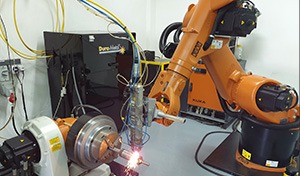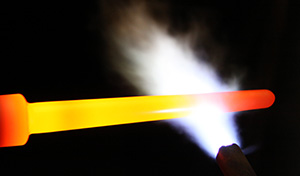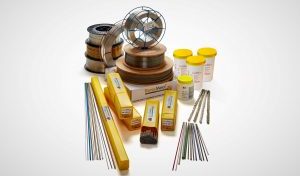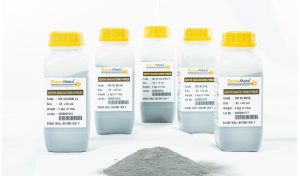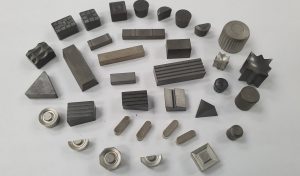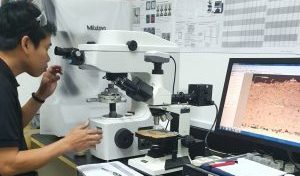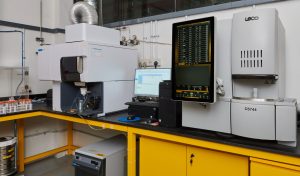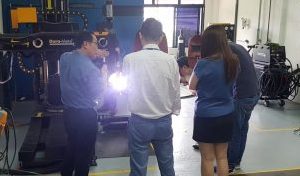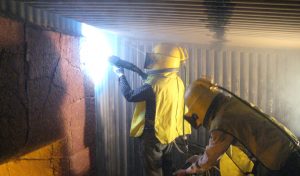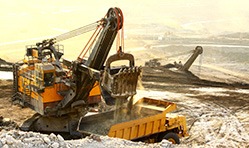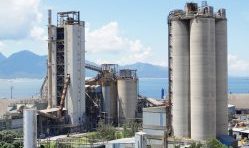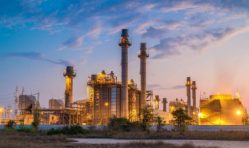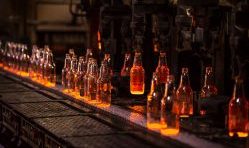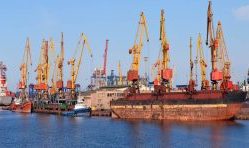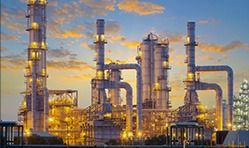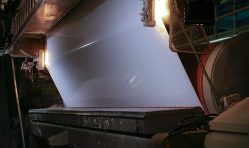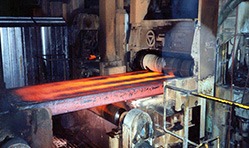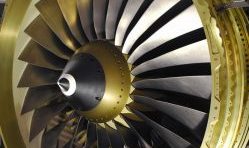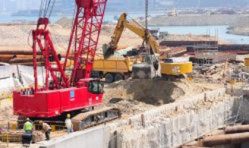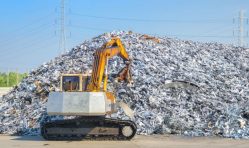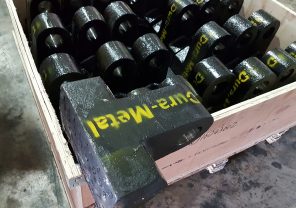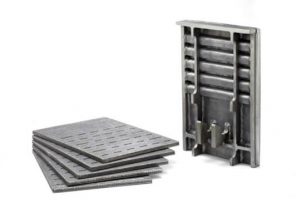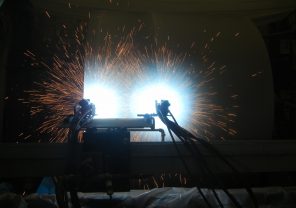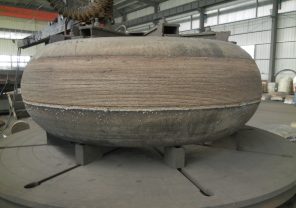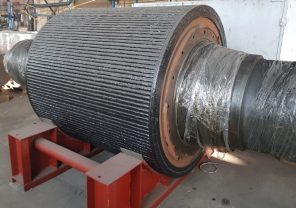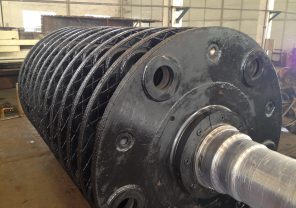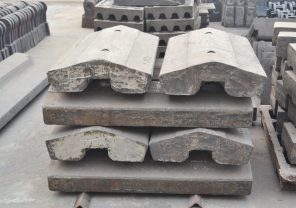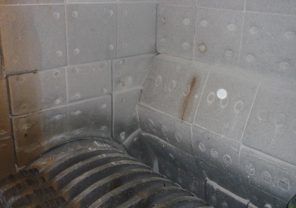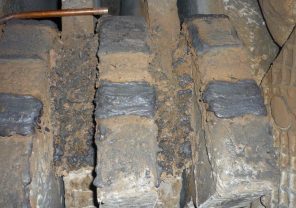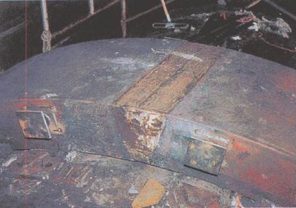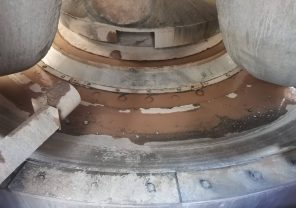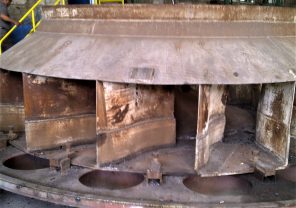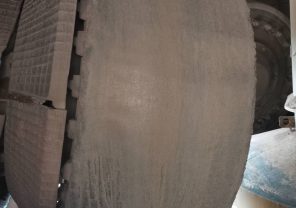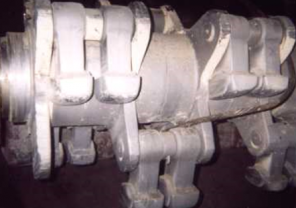MENUMENU
Industry
Cement
The cement industry is among the most capital intensive industries and the cost of cement plants is typically above US$200mil / mil tonnes of capacity annually. As an energy-intensive industry, each tonne of cement produced requires 60 to 140 kg of fuel oil and about 120 kWh of electricity depending on the cement variety and the process used.
Cement is manufactured through a closely controlled chemical combination of calcium, silicon, aluminium, iron and other ingredients. Common materials used to manufacture cement include limestone, shells, and chalk or marl combined with shale, clay, slate, blast furnace slag, silica sand, and iron ore. These ingredients, when heated at high temperatures form a rock-like substance that is eventually grounded into the fine powder that we commonly think of as cement.
The method to manufacture cement is commonly known as a dry method. The process involved quarrying the principal raw materials and crushing the rocks before processing further to crushers or hammer mills to reduce the rocks to about 3 inches or smaller. Thereafter, the cement kiln heats the rocks with other ingredients such as iron ore or ground and mixed fly ash to about 2,700°F in a huge cylindrical steel rotary kilns lined with special firebrick.
As the material moves through the kiln, certain elements are driven off in the form of gases. The remaining elements unite to form a new substance called clinker which is further cooled before the final stage of grinding and mixing with small amounts of gypsum and limestone.
Industry and Megatrends
Due to the high capital cost of this industry, there is a strong emphasis on the durability of the key processing equipment and its associated parts. The components are always subjected to high temperature, erosion, abrasion, impact stresses and corrosion. While it is essential to improve the wear resistance performance of the equipment, lifespan of the parts is also critical to ensure cost and performance efficiency.
Dura-Metal supported the Cement industry with the introduction of hardfacing technologies via welding and thermal spray methods. The aim of hardfacing is to improve the profiles of the components while preserving their efficiency in the production conditions at the same time. The commonly applied materials include iron-based, copper-based, cobalt-based alloys, nickel-based alloys, chromium carbide alloys and Nano-structure alloys. In addition, Dura-Metal plays a vital role in the joint development of equipment parts for the various Cement industry’s applications.
Some of our Applications:
- Arc spray on roller
- Diaphragm plate
- Clinker cooler plate
- Blow bar and hammer
- Fan blade
- High pressure cement roll
- Jaw crusher
- Kiln tire repair
- Kinon pump screw

